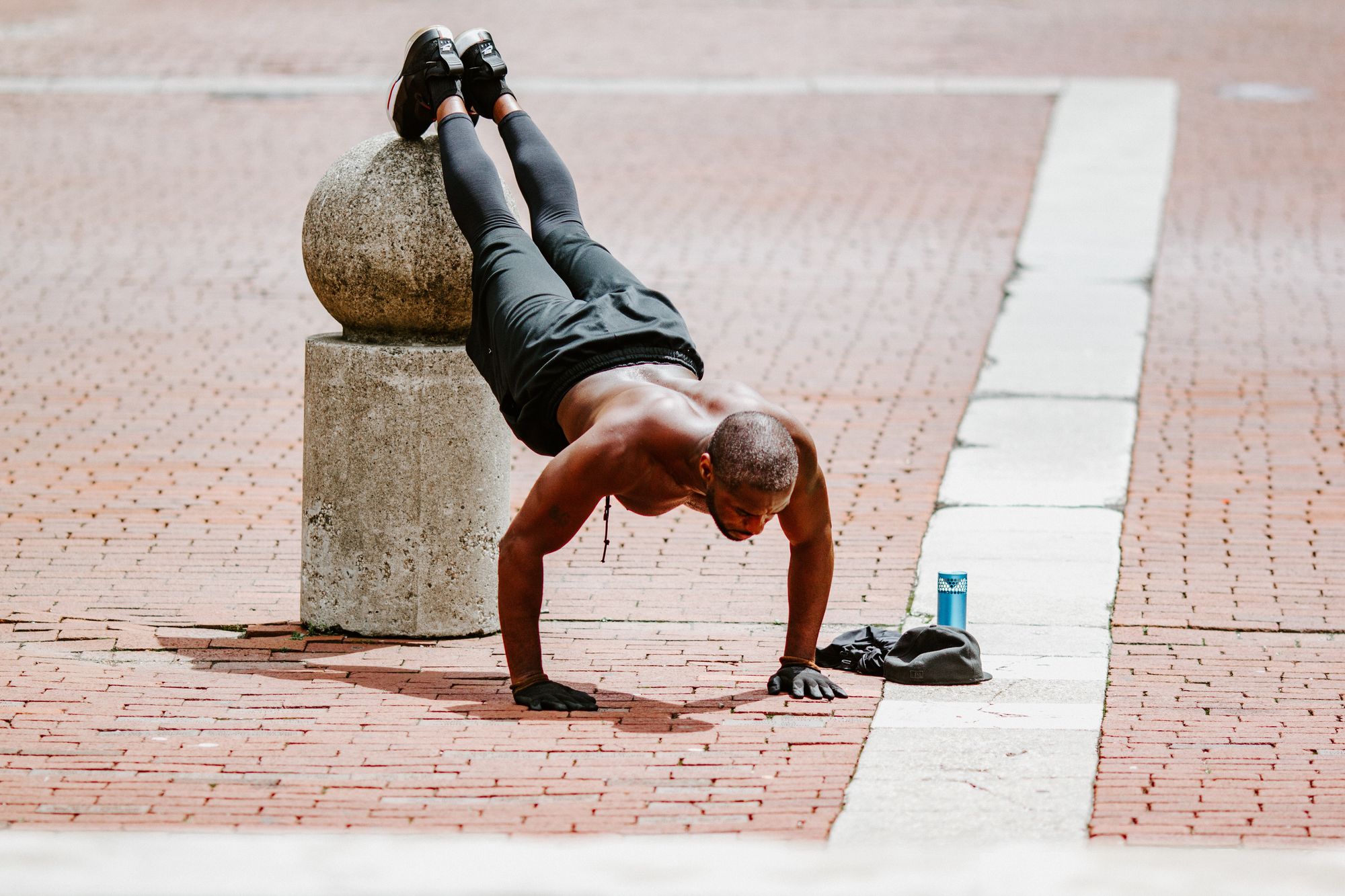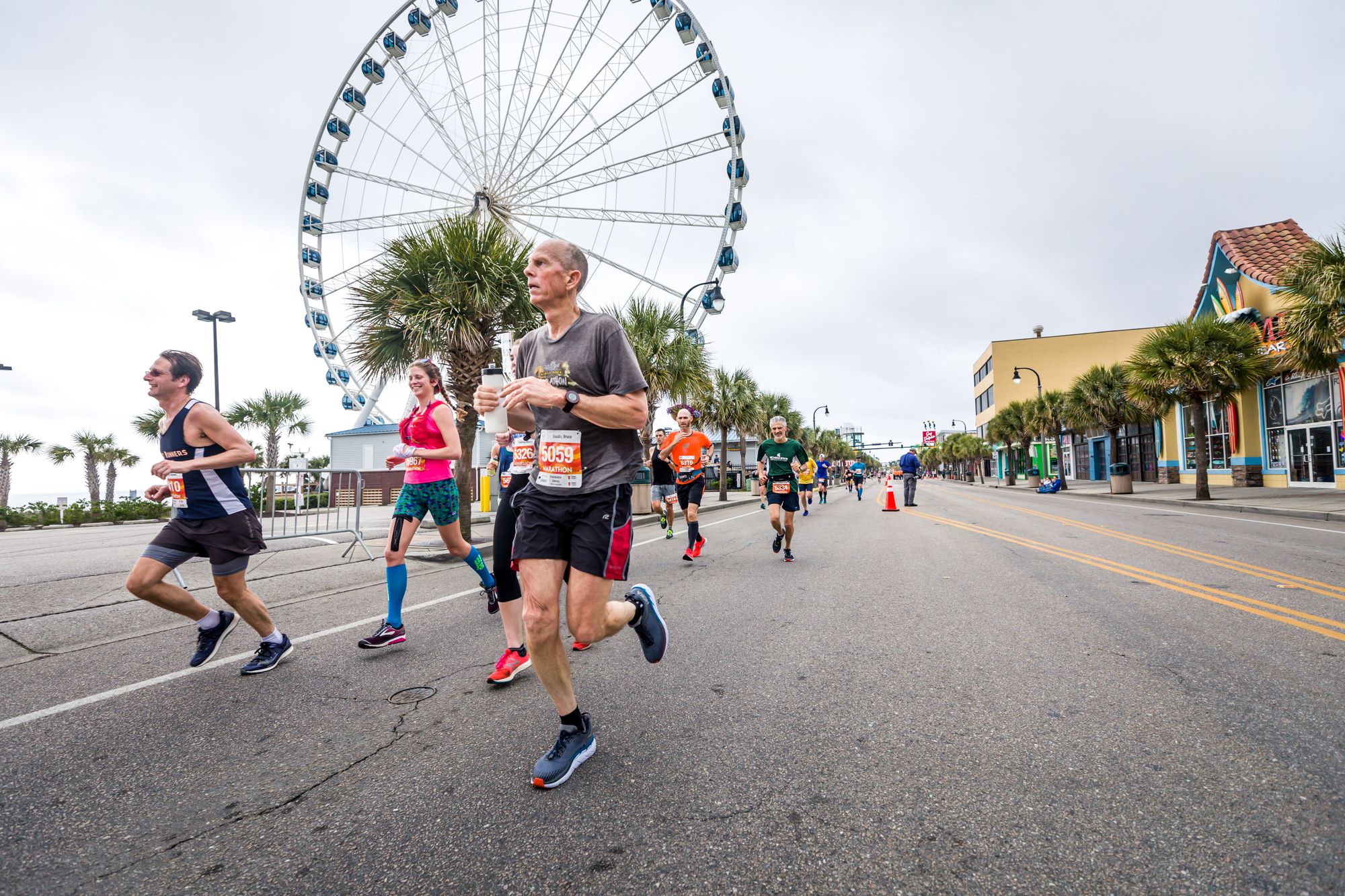
It's not dying so much as how well we age. Are you ready?
As I write this, the tide is coming in, the great inevitability of the moon's movement. A sulky blue moon set early today out my picture window facing the Pacific. I awoke at 2:30, misread my watch and leapt out of bed to start the day's weight training. By the time I had caffeine I realized my mistake, but then it wasn't.
The skies were clear enough for me to settle in at the motel's window and watch the moon sparkle the seas silver for hours, a memory which will last forever. I squeezed PT putty to work my hands to improve their grip strength, but nobody could have offered me a better light show for distraction.
A forever visual memory?
Okay, not forever. MY forever, which is ticking down every day. As with us all.
The below article reaffirms so much of what I write about regularly. While repetition can get annoying to my regular readers, like myself they too fall off the wagon (donut shop) or get injured (horse accident). We all need reminders.
Hell, I need them too.
We are all of us surrounded in one way or another by the ugly creep of ageism and age fear, which people sadly take out on those of us who have gone gray.
It depresses us, too, if we let it.
This article popped a few days ago, and I was delighted to read about the book. While the author is likely around fifty, which to many of us sounds pretty young any more, the points still stand. We have so much direct control over how we age, something like 75%. In other words our choices have three times the power over circumstance, with genes falling way behind at 7% in some studies.
Here you go:

From the article:
...Both strength and fast-twitch muscle response decline over time. This is one of the main reasons people think that learning to park ski is impossible for someone my age. But, like many stories in human performance, this one only tells part of the truth.
Somewhere along the way, we need to counteract the rising risk aversion and general fragility that accompany aging.Steven Kotler
The actual truth is that strength and fast-twitch muscle response do decline as we age, but only if we’re not actively training strength and fast-twitch muscle response. It’s a use it or lose it situation. This is not to say that these capabilities don’t deteriorate over time. Muscle fibers begin to decline in number once we reach the age of fifty, but — if properly trained — those lost muscle fibers are buffered by the overdevelopment of ones remaining, or, as University of Michigan physiologist John Faulkner wrote in a 2008 meta-analysis of the issue: (author bolded)
“Even with major losses in physical capacity and muscle mass, the performance of elite and master athletes is remarkable.”

So there you have it. I am going to buy this book and explore further, but the point is that all of us, and I mean all of us who have decided to do all the right things (you know the four legs of the stool: good food, move move move, support system and purpose), have a shot at high performance way past where society continues to tag us as OLD.
That doesn't mean become a competitive athlete. It simply means having a high-performing body, which is the gift that keeps on giving through injury and illness.
We age. We must. And.
We do not have to swiftly deteriorate, for the body is constantly offering us second, third and fourth chances to keep right on keeping on at a very high level.
If you're already active, you've got this. I would suggest that for many of us periodically changing things up is also healthy not only for the body but also for the brain. For those on the fence, lace up your sneakers and start walking. You never know where that first block will take you.
A body in motion likes to stay in motion. My motel room has three sets of weights, exercise bands, a squishy pad and balance pods, which I brought for this trip. I have work to do- as do we all. It might take a while, but you don't have to plan a marathon to get healthier.
We just need to use it before we lose it.


Comments powered by Talkyard.